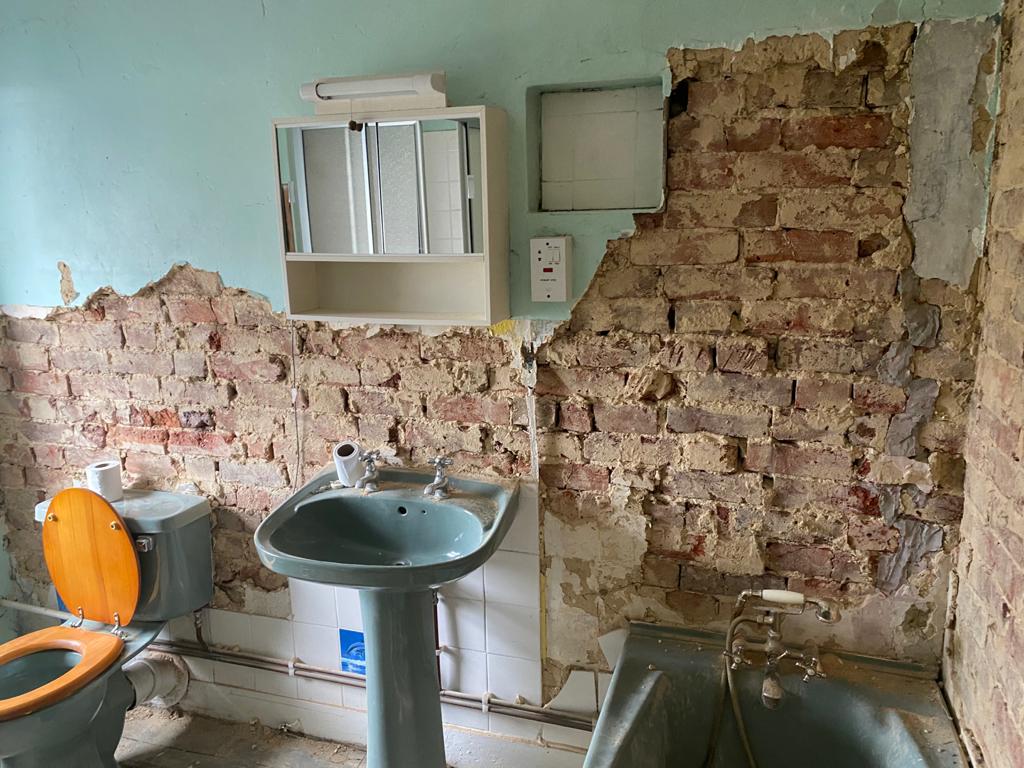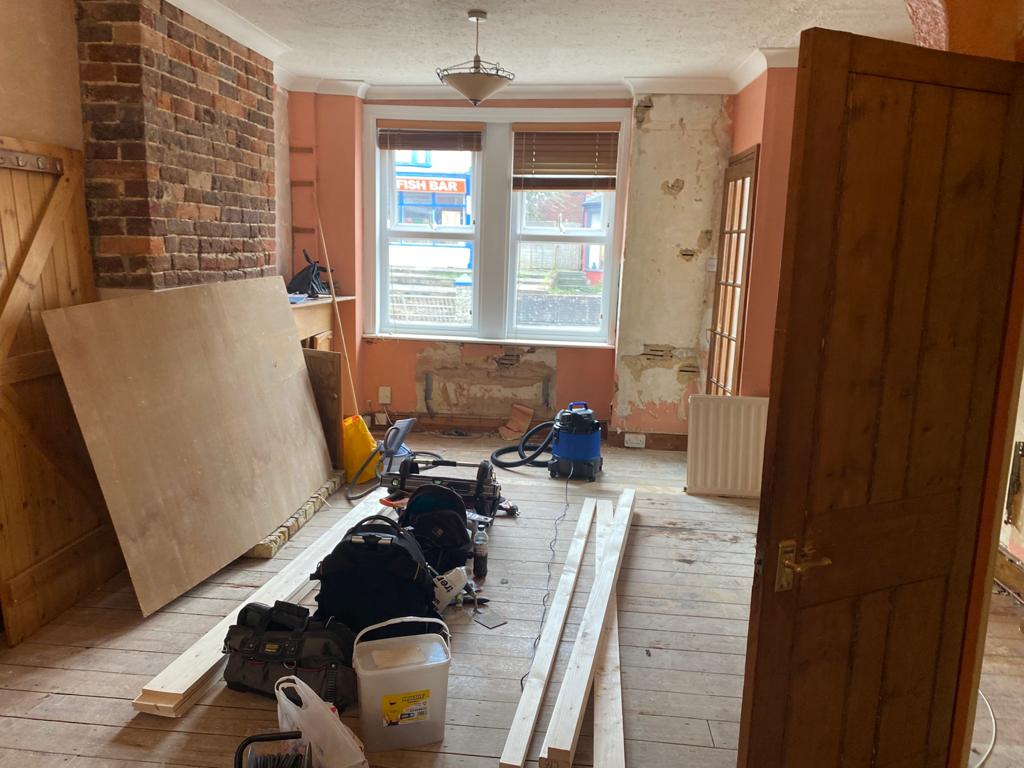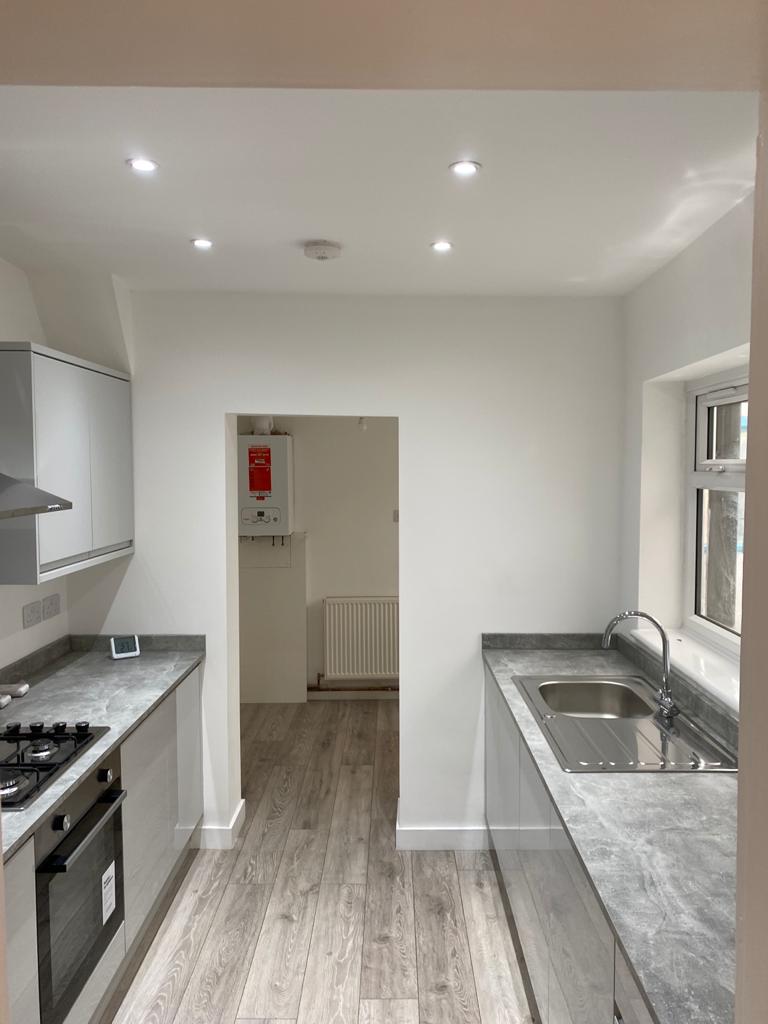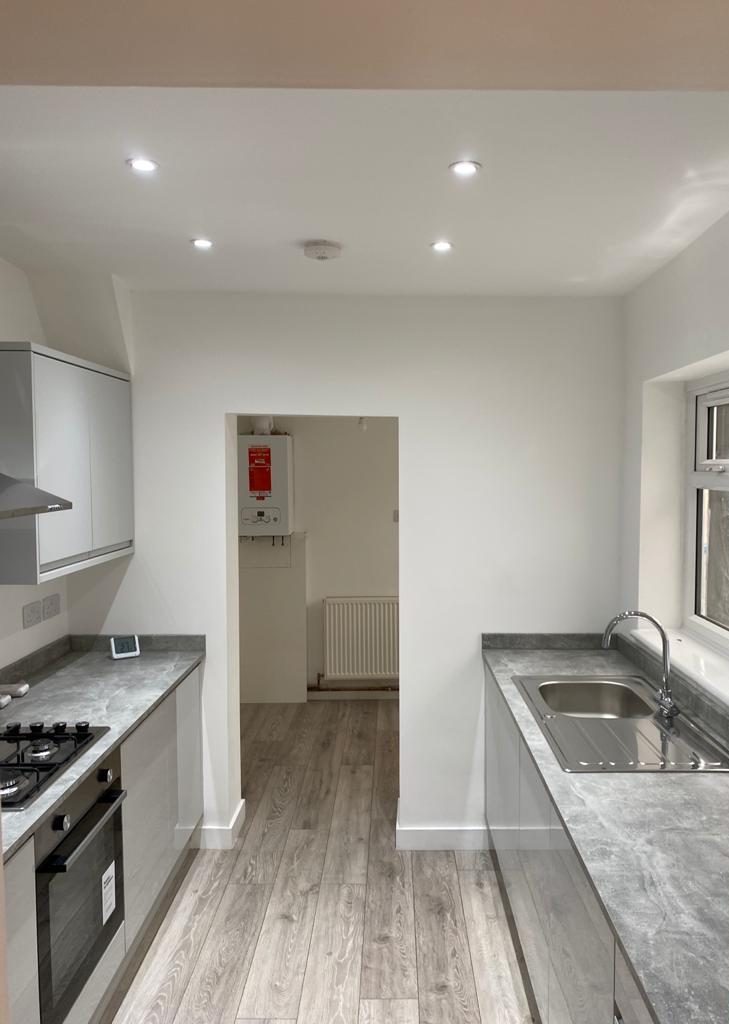Bridging finance is a short-term loan typically secured against a property. It is normally used when a traditional finance agreement such as a mortgage is unsuitable.
A bridging loan may be considered when a property does not meet the traditional requirements of mortgage lenders, the borrower does not meet normal mortgage criteria or because the finance is only required for a short term – between 1 month and 3 years.
In this guide Seek Finance discusses the most frequently asked bridging finance questions.
What can I use bridging for?
We can provide bridging loans for any legal purpose.
How long does it take to get a bridging loan?
We have lenders who will guarantee a turnaround within 48 hours; however, this is over and above the norm and you should expect to pay a higher rate for the privilege. Typically, a turnaround time of 2-3 weeks should be expected.
How long can I take a bridging loan out for?
This entirely depends on the type of loan you take out. Regulated loans can run for a maximum of 12 months, however unregulated loans can be taken out for up to 36 months.
Do I need to make monthly payments on a bridging loan?
A bridging loan is not repaid in instalments like a normal bank loan or mortgage. In fact, with almost all bridging loans you will only be required to make a payment when you close off the loan. The interest will be added to the loan each month, so the longer you hold the loan the more interest you will pay.
How much equity is required to obtain a bridging loan?
Depending on the purpose of the loan and the source of the capital, different providers will set different equity requirements. Your entry equity may also affect the rate you pay for the loan. In almost all instances the maximum Loan to Value (LTV) will be 85%.
Will a bridging loan appear on my credit file?
Yes, bridging loans and applications for them will appear on your credit file. However, getting a quote from us will not as this is not a formal application.
Can I get a 100% loan to value bridging loan?
Yes this is possible in two circumstances. Firstly, as we have lenders who ignore purchase price and lend to the open market value, provided the discount on your purchase price is significant enough to be below the open market value then you could receive 100%. Secondly, if this is not the case or you don’t have an open market value to go off, then 100% is still possible with extra security requirements.
What is the difference between a first and second charge bridging loan?
If you do not have finance on a property or are using the bridging loan to purchase the property, the loan will be registered as a first charge at the Land Registry. This simply means that if you default, the bridging provider will have the right to sell your property and recoup its money first.
A second charge bridging loan is where there the existing mortgage on the property remains in place and you raise additional finance. This is registered at the Land Registry ranking behind the existing mortgage and is known as a second charge. In effect, you will then have two charges registered on your property.
Are Bridging loans regulated?
If the loan is secured against a property that you or your family live in, then the loan provider will be regulated by the FCA.
Is my home at risk if I don’t keep up with the repayments?
You do not have to make regular monthly repayments on bridging loans, so there are no repayments to keep up. However, if at the end of the term you cannot repay the loan, the lender could seek to repossess it, especially if you have used the property as security.
Can I use bridging finance to stop a repossession?
As there are no monthly repayments, the same income requirements do not exist as they do with a mortgage or secured loan. Therefore, the bridging company will consider the financial result of your project and not your monthly income.
If you have a standard loan and you cannot keep up your repayments on your property you could therefore take out a bridging loan to make your repayments when you sell the property to help monthly cashflow and avoid a repossession scenario.
Can I borrow via a corporate entity?
Yes, provided there is sufficient security and the ability to repay the commercial bridging loan.
Do I need income for a bridging loan?
Not necessarily as the loan will usually be for a specific purpose to plug a short-term capital requirement. With the release of capital from the sale of an asset being the means of repayment, income requirements do not exist in the same way as they do for mortgages and other loans.
If I have credit issues can I still apply for a bridging loan?
Yes, there are lenders that provide bridging finance for clients who have County Court Judgements, defaults, arrears and discharged bankruptcies.





